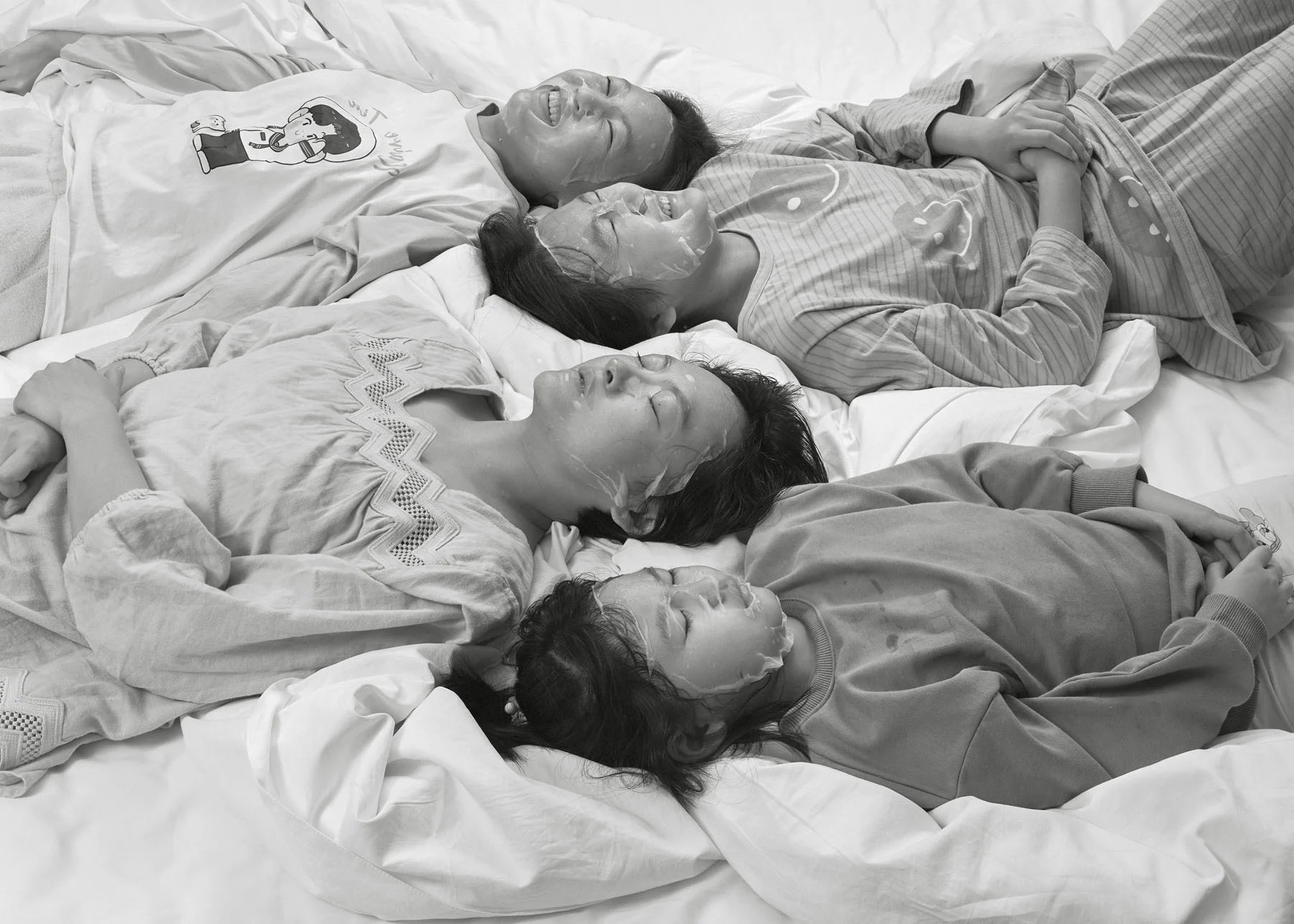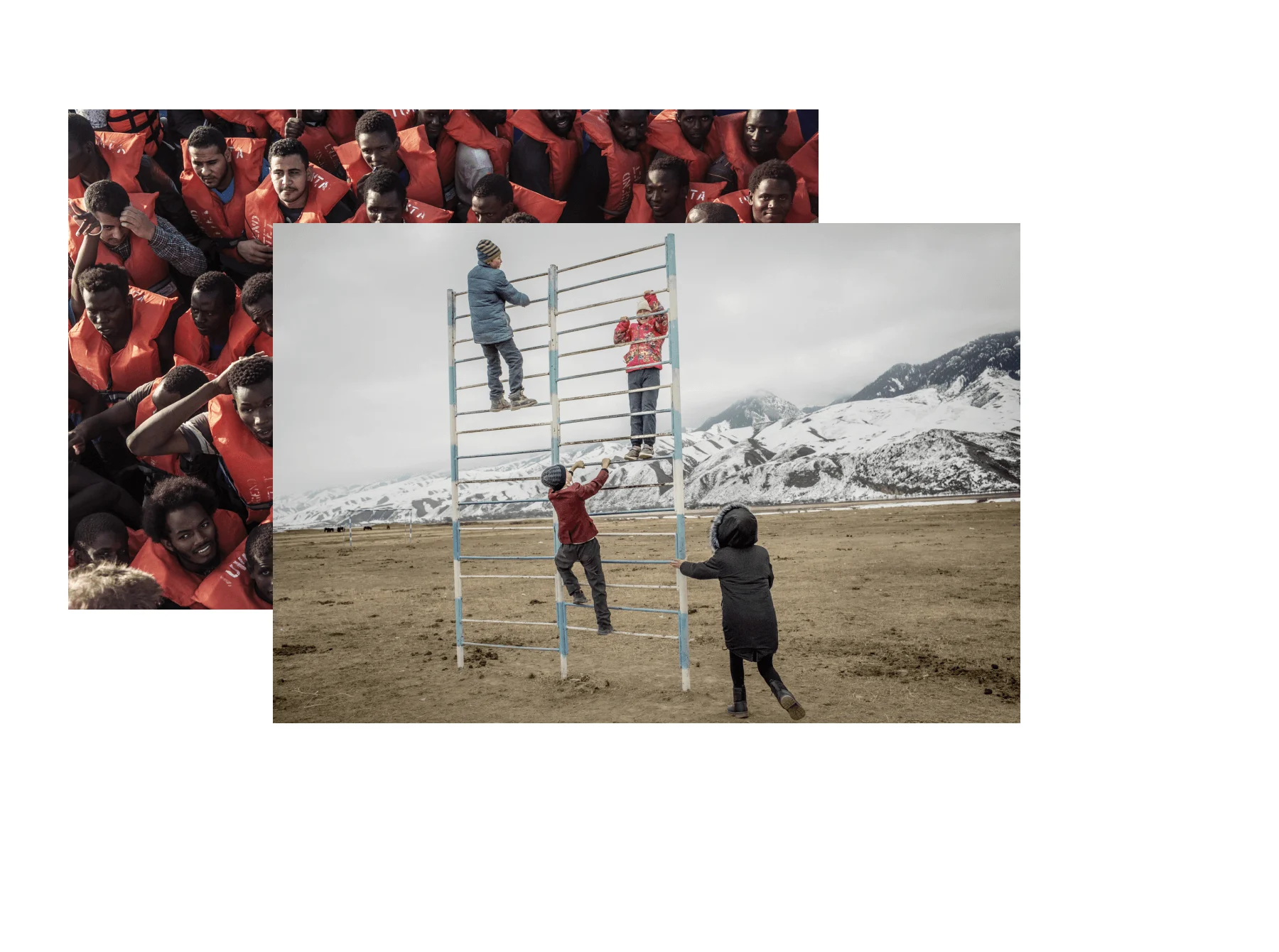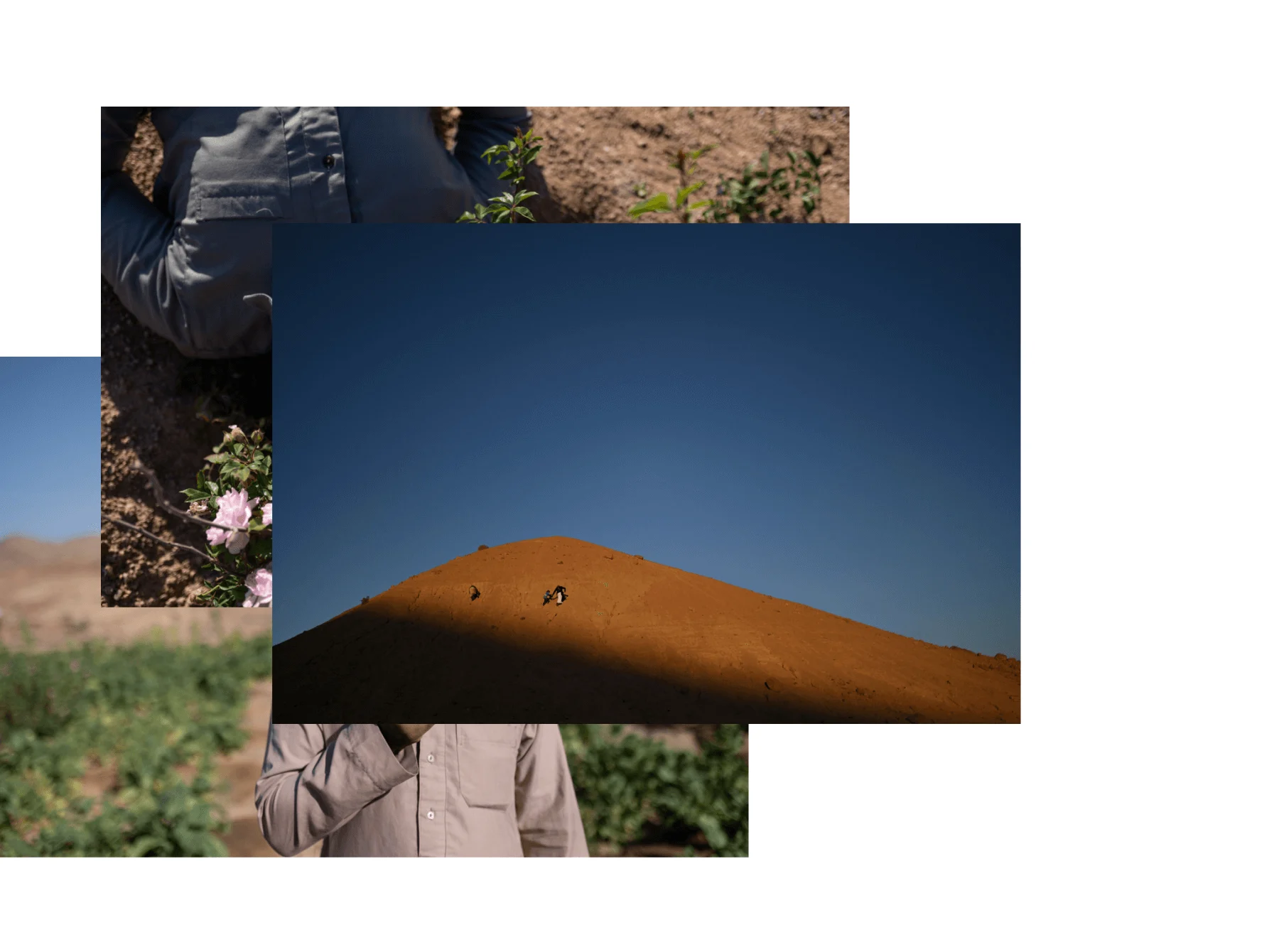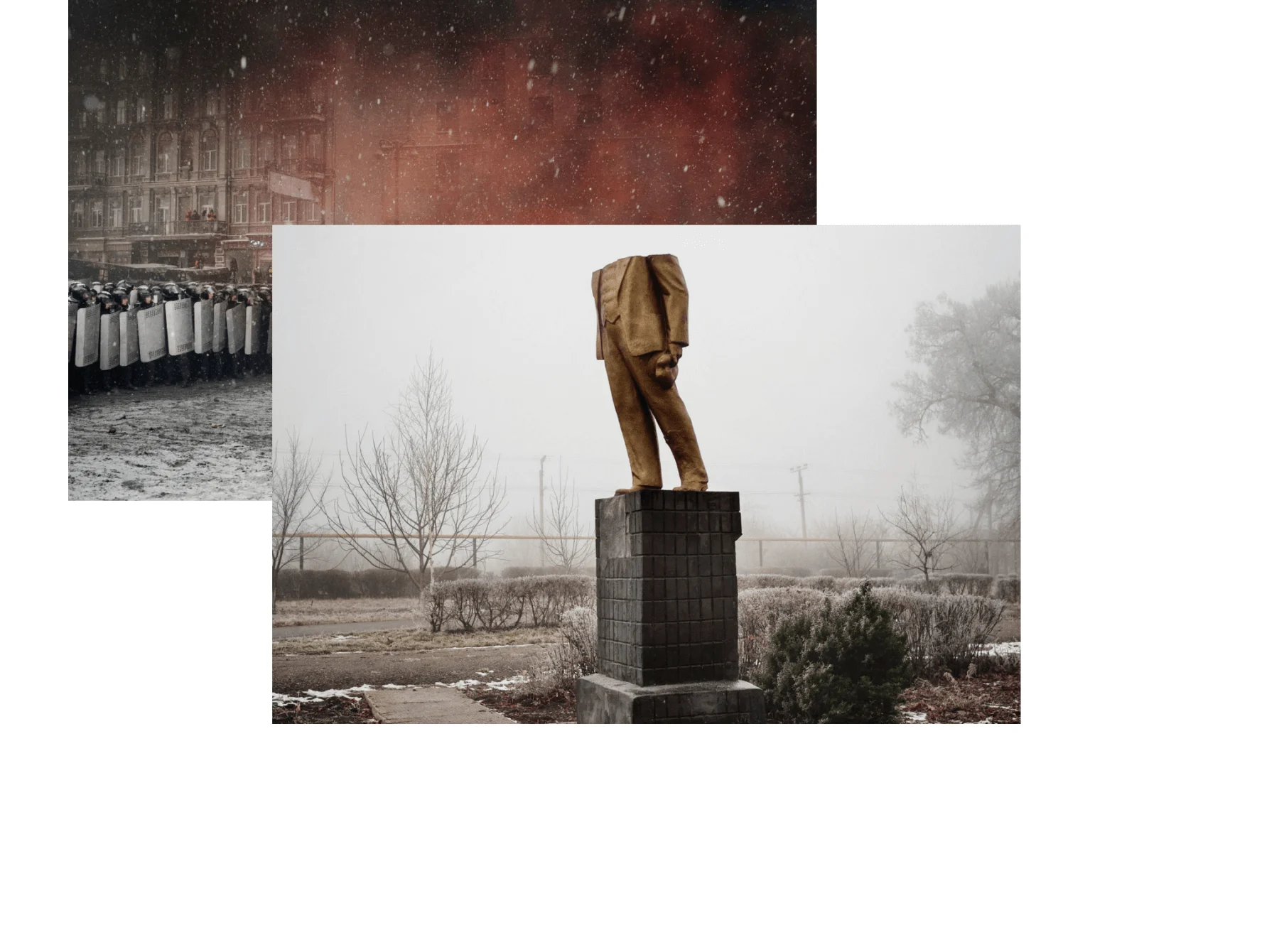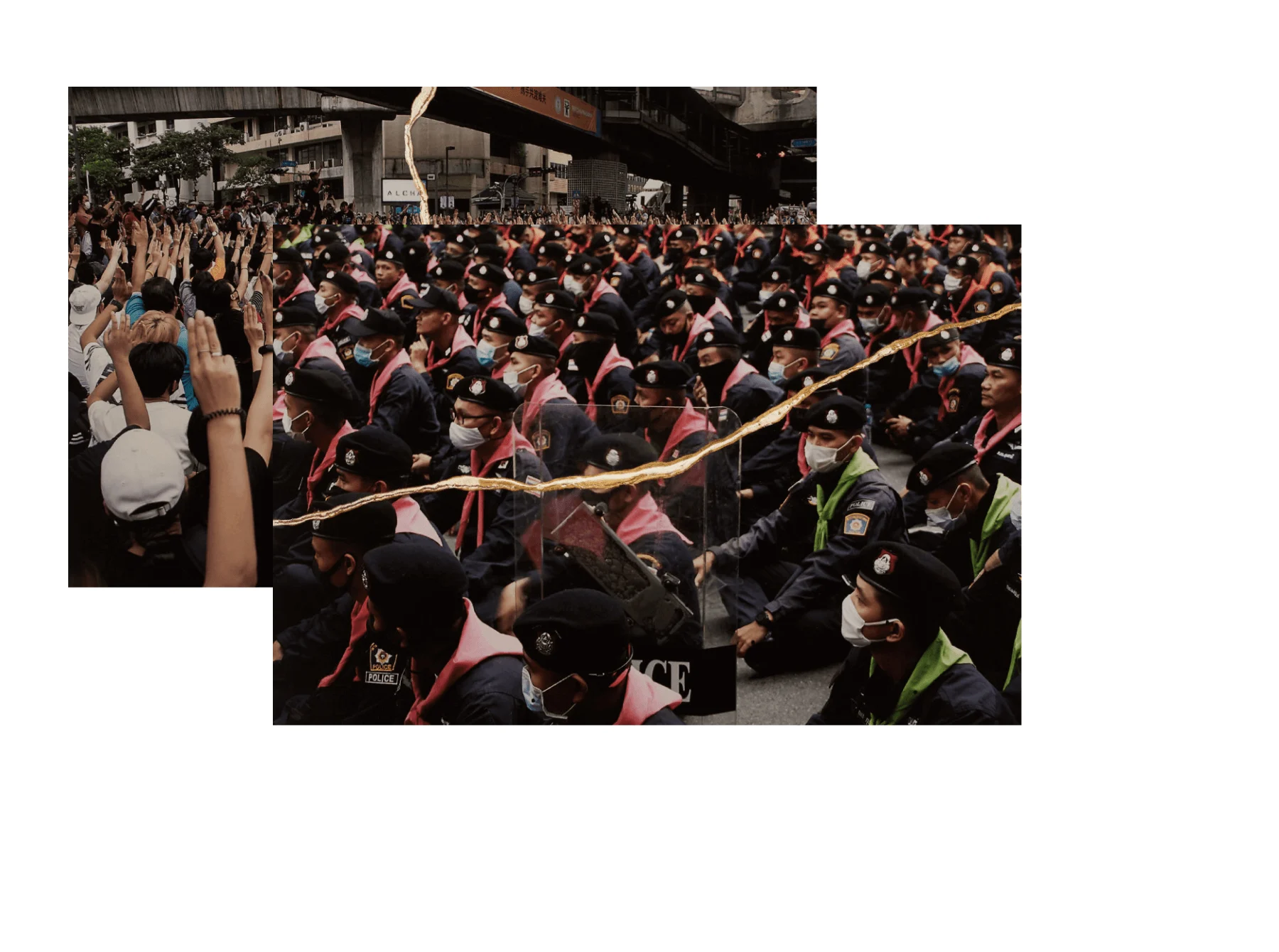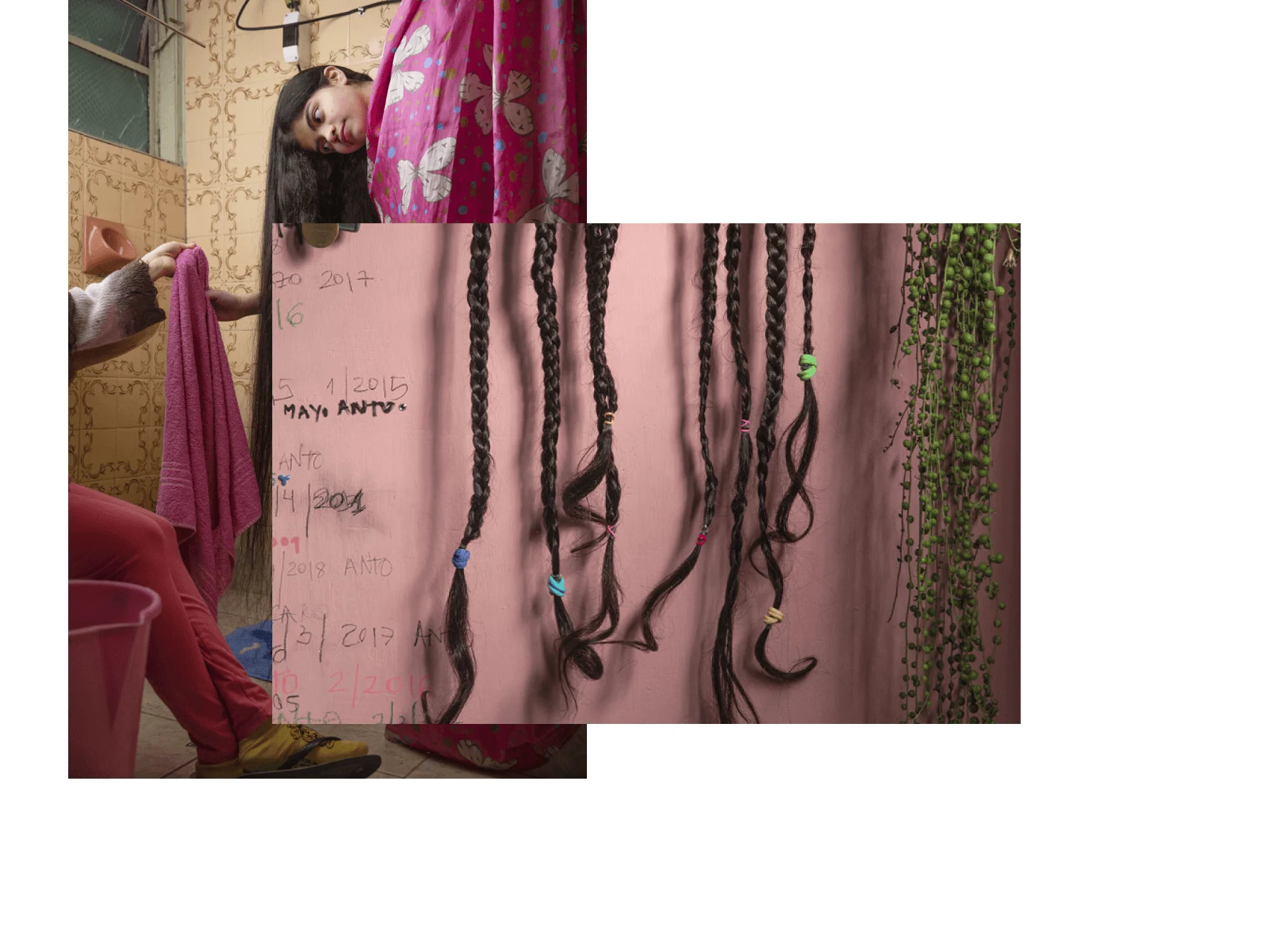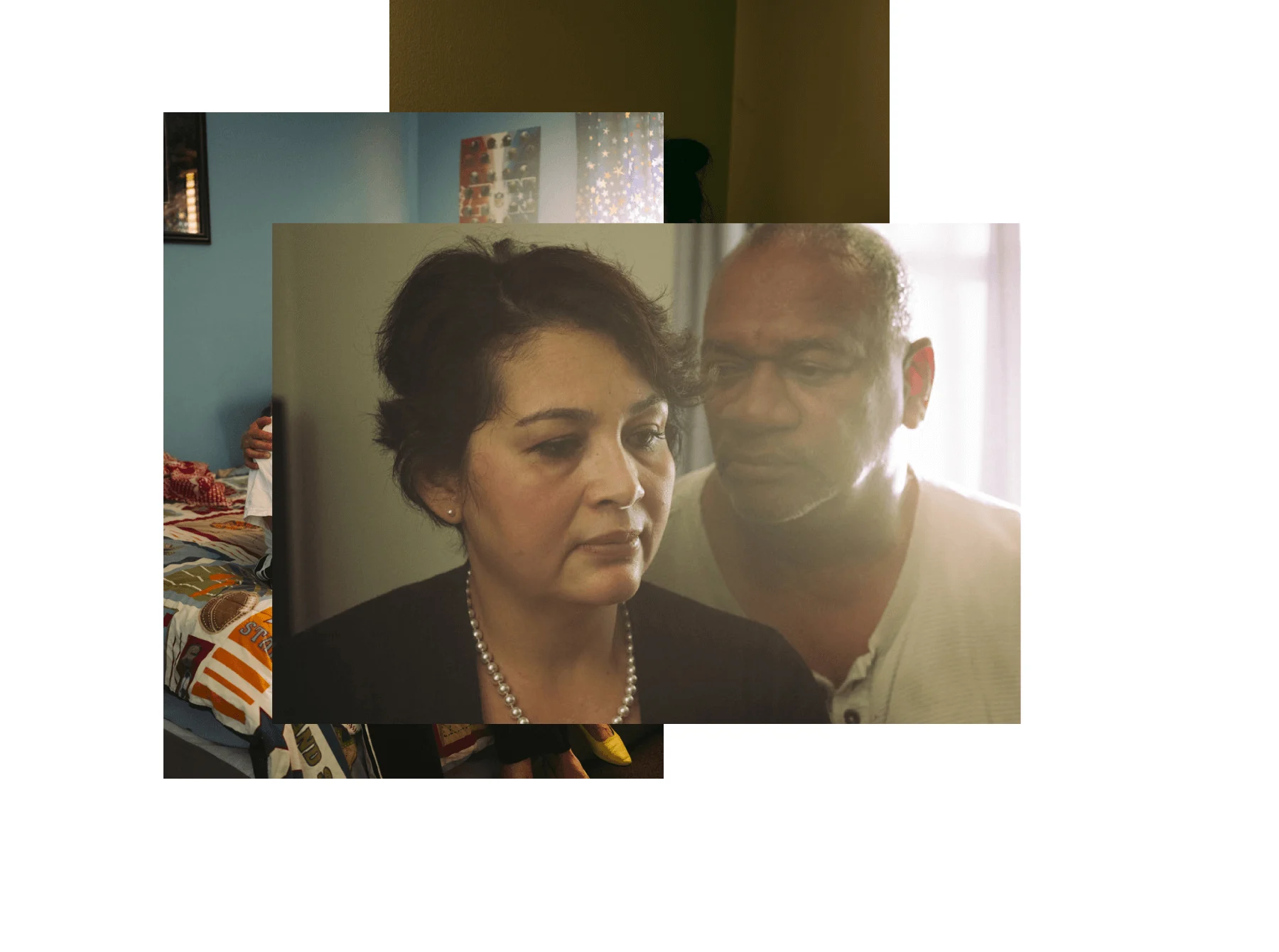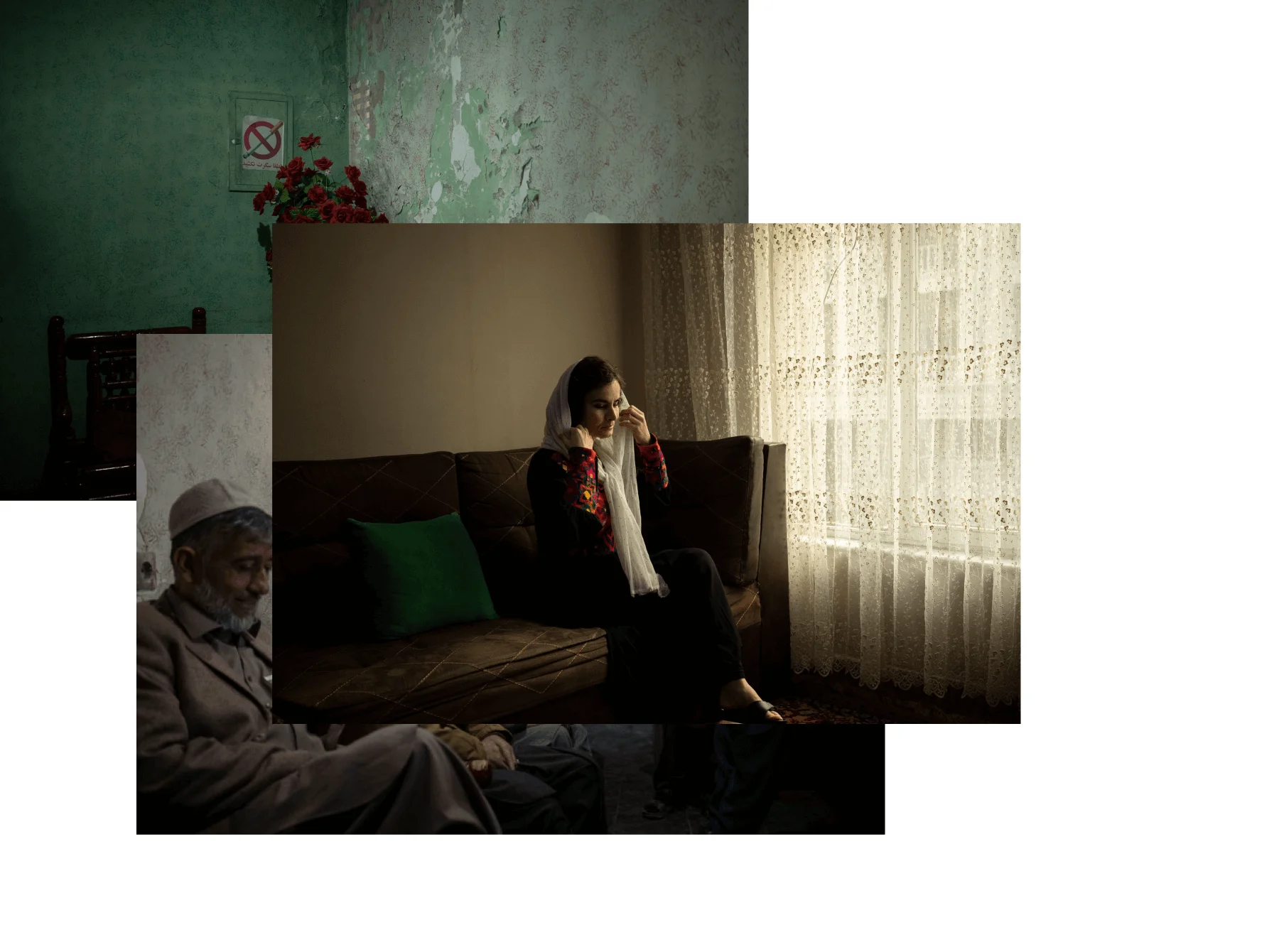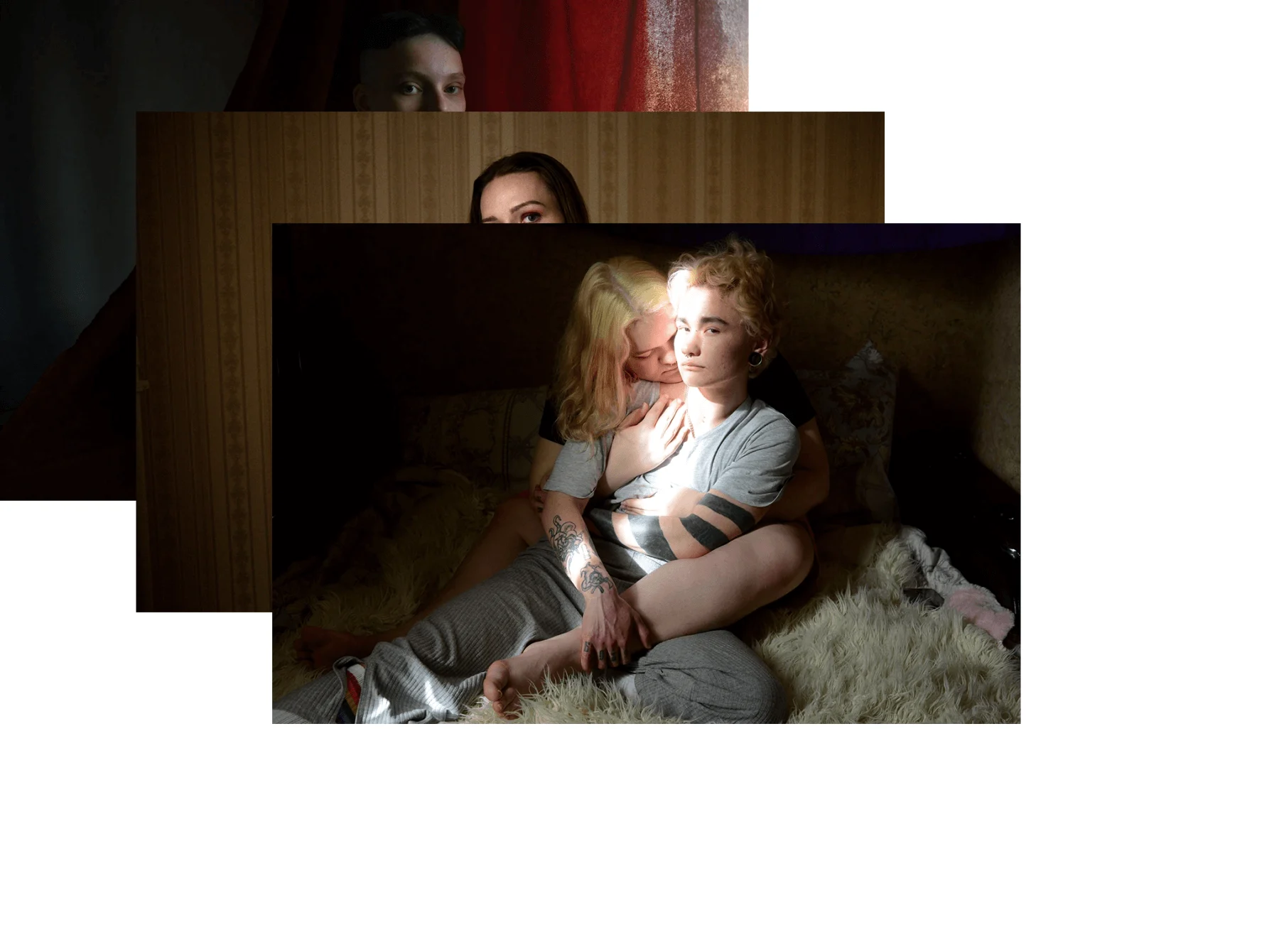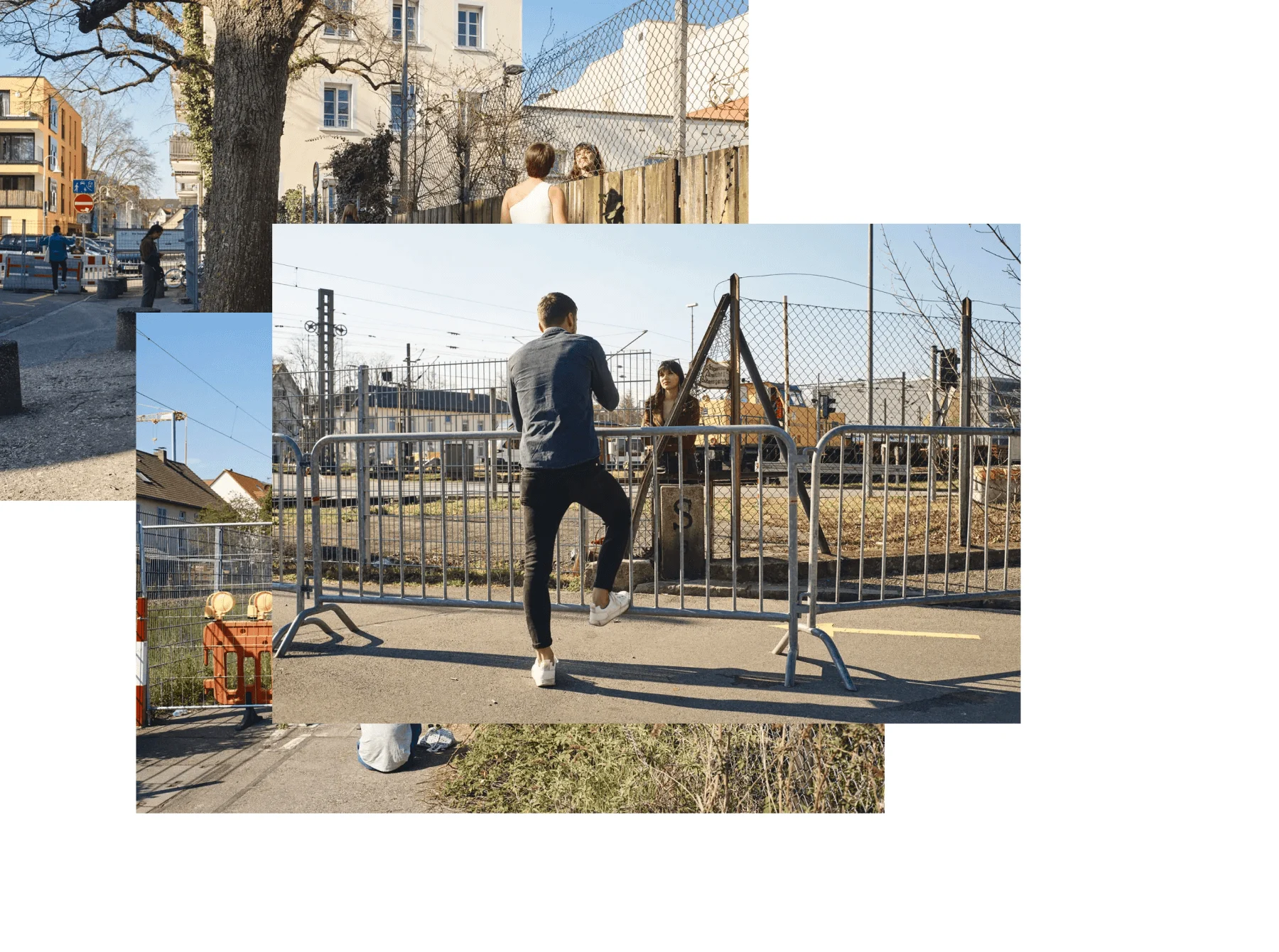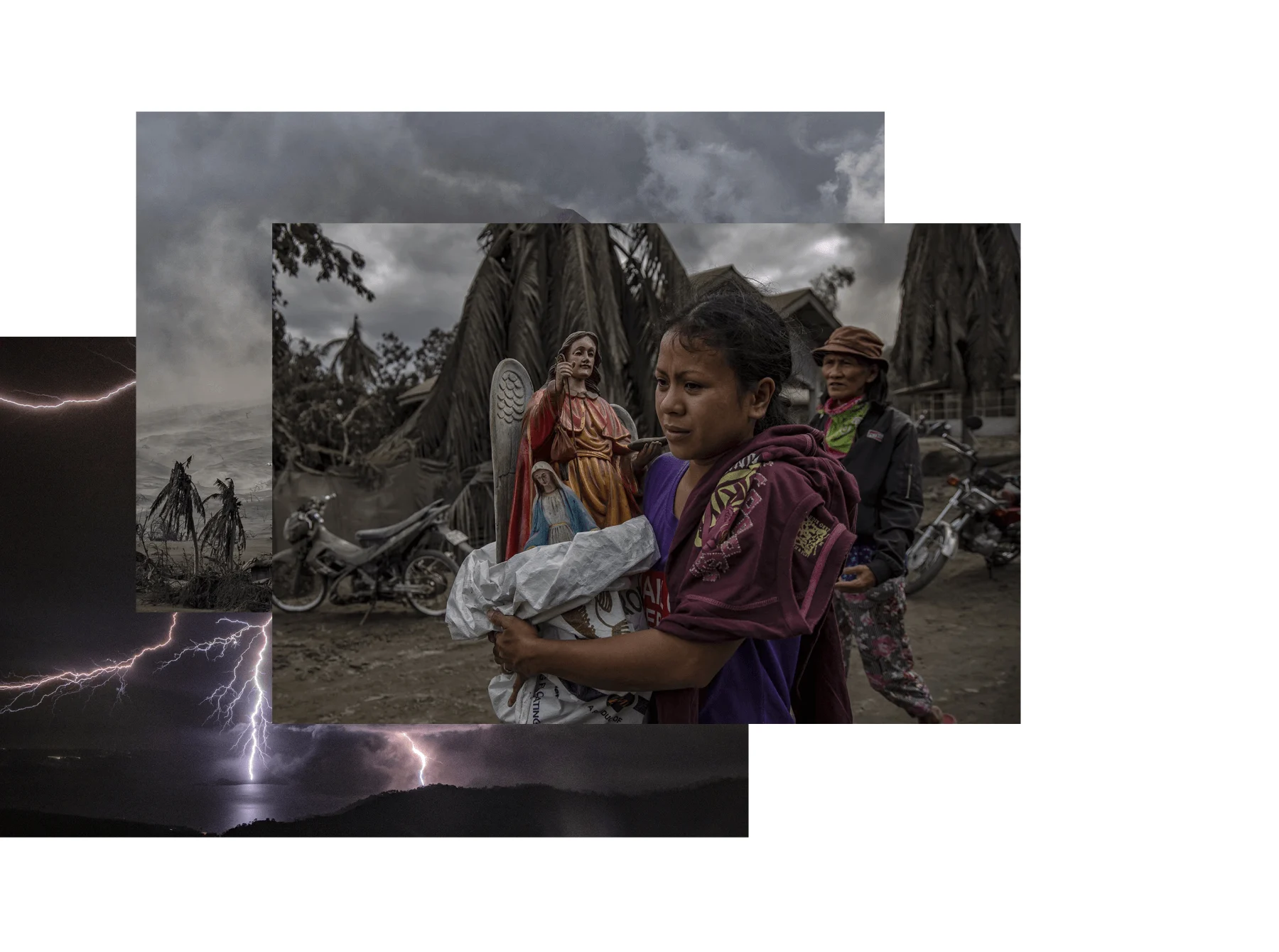

Zhang Lei is a self-taught photographer who works for the Tianjin Daily newspaper. His picture of a cloud of smog over the city of Tianjin won first prize in the Contemporary Issues category. He spoke via an interpreter.
Since 2016, we’ve partnered with the World Press Photo awards to tell the stories behind the best photojournalism around, in the photographers' own words. See the whole series here.

I work for the Tianjin Daily, so I focus very much on news photography. It’s exciting because you don’t know what you will shoot every day.
In Tianjin, and in China more generally, the pollution is very bad. It is very common in the winter to see something like this. It’s been really bad for the past three or four years.
The first time I got the inspiration for this picture was when I was an on aeroplane going over the city. I saw this kind of view, this perfect moment, and later I went to a tower which is 500 metres high to try and catch it again.
It all comes back to that moment on the plane. I had to go back to the tower several times – sometimes there was too much pollution and you couldn’t even see the sky.
In this picture you can see the sky, the pollution and the people’s lives, the apartment blocks. It’s not just one element. You can see the presence of the people. You can see what the pollution is doing to the sky.
Pollution is a very hot topic in China and the government has done some things to try and tackle it, but it is taking a long time because China is so big and uses so many fossil fuels. Some people are very angry about the environment. Photography definitely has an important role to play in this discussion.
Some people in the west though don’t know how bad the pollution in China is. In China people are numb to it; they are so used to it. But I wanted to show there is still hope, if we act now. I wanted to show the blue sky to show what we can get back to if we all work together.






